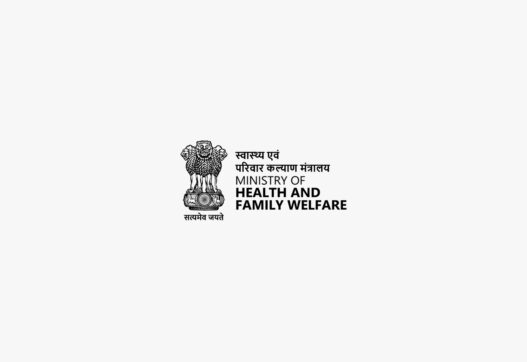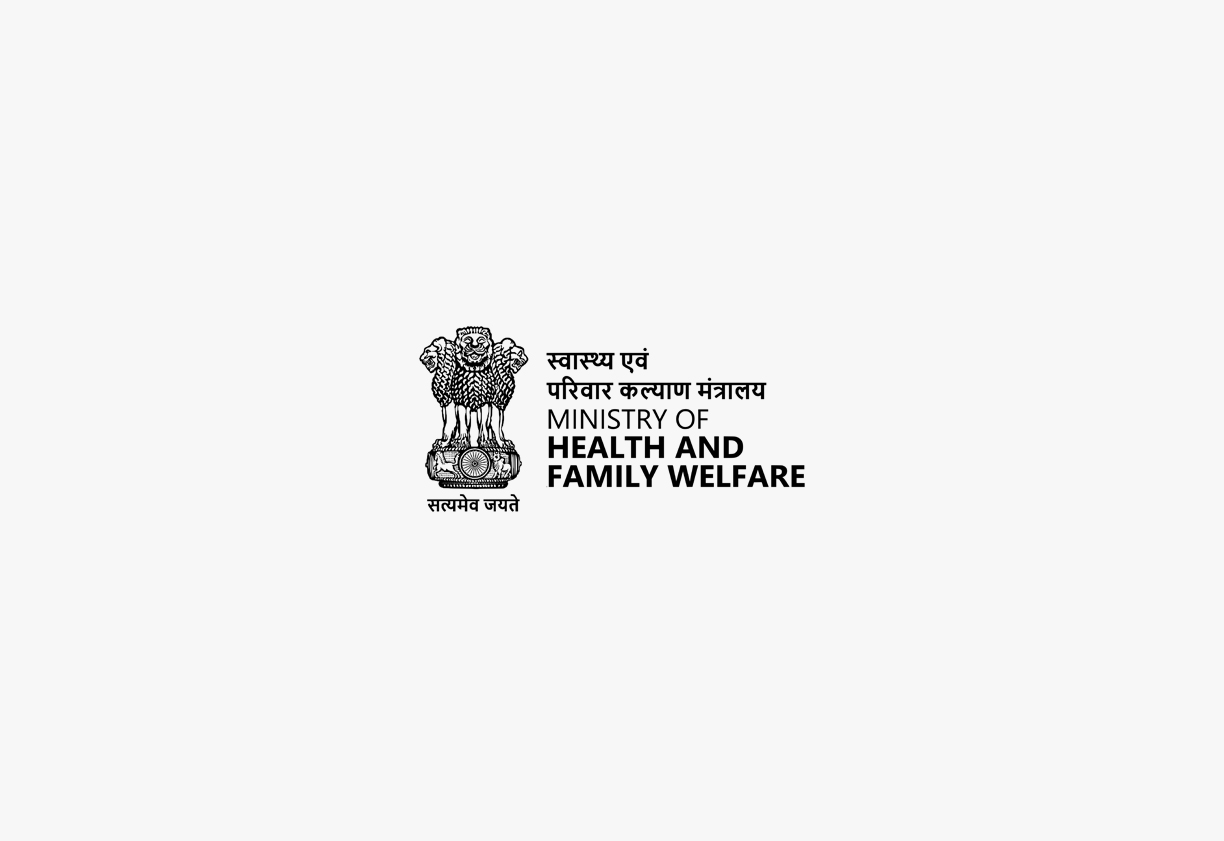Ministry of Health and Family Welfare
1: Act Background and Ministry Under Which This Act Is:
The Pharmacy Act, 1948, was enacted to regulate the profession and practice of pharmacy in India. It provides a framework for the constitution of Pharmacy Councils and the registration of pharmacists. The act falls under the purview of the Ministry of Health and Family Welfare, which oversees the administration and enforcement of regulations related to pharmacy, ensuring that pharmaceutical services are delivered by qualified professionals. The ministry is responsible for public health and safety.
2: Enactment Date, Number of Chapters, Number of Sections:
The Pharmacy Act, 1948, was enacted on 4th March, 1948, and is known as Act No. 8 of 1948. The act is divided into five chapters. It comprises 46 sections that cover various aspects, such as the constitution of the Central and State Pharmacy Councils, the registration of pharmacists, and the regulations for pharmaceutical practice. The act has been amended over time to adapt to changing needs.
3: Act Governed By:
The Pharmacy Act is governed by the Central Government, which has the power to make rules and regulations under the Act. The Pharmacy Council of India (PCI) is the primary regulatory body at the national level, while State Pharmacy Councils are responsible for implementation at the state level. The act is governed by the provisions outlined within it, as well as rules and regulations framed by the Central and State governments. The act is a combination of central and state oversight.
4: On Whom It Is Applicable:
The provisions of the Pharmacy Act apply to all individuals and entities involved in the profession and practice of pharmacy in India. This includes pharmacists, pharmaceutical chemists, pharmacy institutions, pharmacy councils, and all those who handle drugs and medicines. The act ensures that all pharmacists are registered and practice within the framework of the law. The general public are indirect beneficiaries of the act’s provisions.
5: Penalties/Punishments:
The act prescribes penalties for various offenses, including:
-
Falsely Claiming to be Registered: Falsely claiming to be a registered pharmacist attracts a fine on first conviction and imprisonment or fine on subsequent convictions.
-
Dispensing by Unregistered Persons: Dispensing medicines by unregistered individuals can result in imprisonment or fine.
-
Failure to Surrender Certificate: Failure to surrender a certificate after removal from the register attracts a fine.
-
Improper Practice: Infamous conduct or professional misconduct leads to removal from the register. The act emphasizes accountability and proper professional conduct.
6: Important Pointers:
-
Central and State Councils: The act establishes the Pharmacy Council of India (PCI) and State Pharmacy Councils to regulate the profession.
-
Registration of Pharmacists: It provides for the registration of pharmacists and the maintenance of registers.
-
Education Regulations: It empowers the PCI to prescribe minimum standards of education for pharmacists.
-
Approved Courses: The act outlines the procedures for approving courses of study and examinations in pharmacy.
-
Inspection: It provides for the inspection of institutions and pharmacies to ensure compliance.
-
Qualifications: It specifies the qualifications required for registration as a pharmacist.
-
Removal from Register: It allows for the removal of names from the register for misconduct or non-compliance.
-
Penalties: It prescribes penalties for offenses such as falsely claiming to be registered and dispensing by unregistered individuals. The act’s focus is to protect public health and ensure professional standards.
7: Act Copy:




